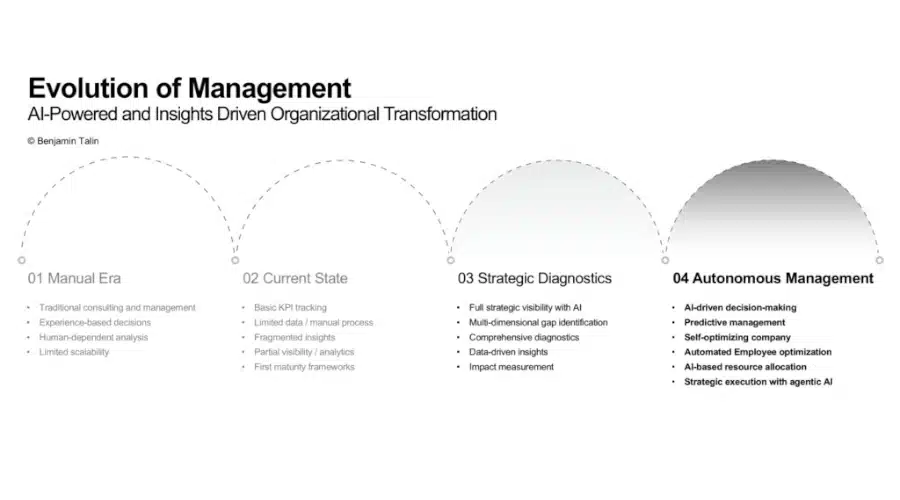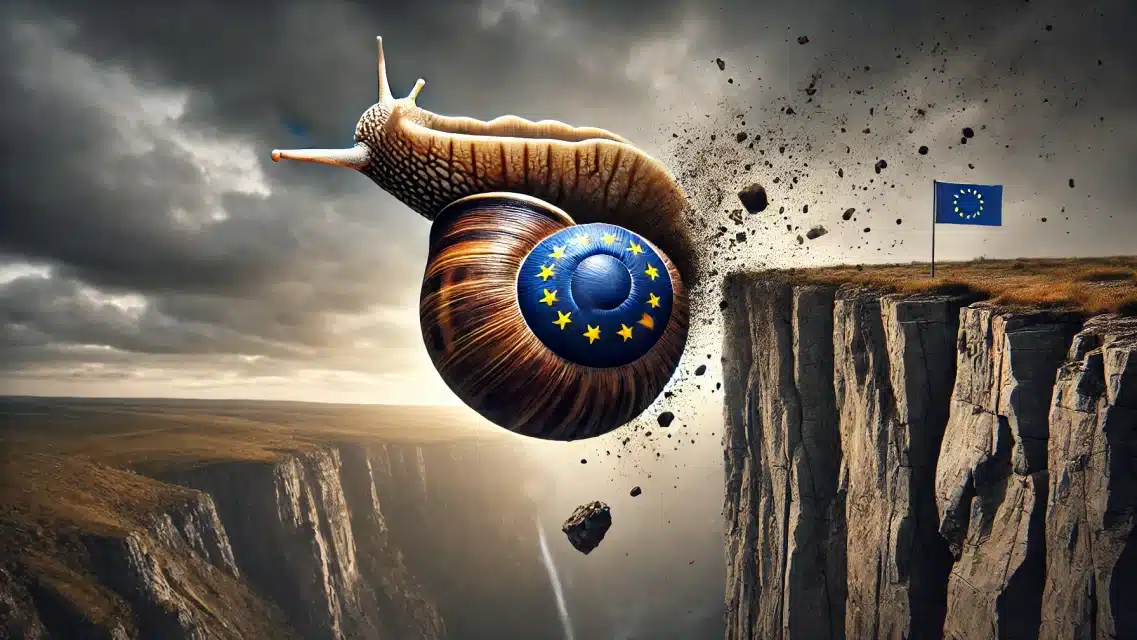We're witnessing nothing short of a revolution in the way organisations make decisions and develop strategies. As I recently wrote, "the convergence of digital innovation, artificial intelligence and data analytics is fundamentally reshaping how organisations operate, compete and thrive in an increasingly complex business landscape".
But what does that mean in practice? From my vantage point of advising organisations across sectors, I see a clear pattern emerging: traditional management is being upended by AI-powered, insights-driven approaches.

What I'm Seeing in the Field
When I walk into boardrooms and executive meetings (or many governments) these days, I notice a clear divide forming:
On one side are organisations that are using AI to transform decision-making, dramatically improving its speed and accuracy. A manufacturing client I advised recently implemented an AI-powered strategic planning system that reduced its planning cycle from months to weeks, while identifying market opportunities it had previously missed.
At the other end of the spectrum are organisations that still rely primarily on experience-based intuition and often struggle to keep up. I recently consulted with a government agency where policy decisions were almost exclusively based on historical precedent rather than predictive insights, resulting in interventions that were often too late or misaligned with emerging trends.
The Management Gap I'm Observing
What strikes me most is what I've come to call the "management gap" - the disconnect between how leaders have been trained to manage and what today's environment demands. In virtually every organisation I consult, I see this gap manifest as
- Skills mismatches: Highly experienced executives who lack the data literacy to evaluate AI-generated insights
- Structural barriers: Traditional hierarchies that impede the flow of information and slow decision-making
- Cultural resistance: Organizational cultures that prize seniority and experience over evidence and insights
My Perspective on the Digital Divide
From my work across a range of organisations, I'm increasingly concerned about a widening digital divide. The early adopters of AI-driven management approaches are moving ahead at an accelerating pace.
I recently worked with a retail chain that implemented AI-driven analytics three years ago. They are now operating with fewer middle managers, while making faster and better decisions. Meanwhile, their competitors are just starting to explore basic data analytics and are already years behind in terms of capabilities.
As I emphasised in my article, "In any wave of innovation and paradigm shift, there is power in being early to the game."
How MoreThanDigital Insights Can Help
This emerging divide is exactly why tools like MoreThanDigital Insights are so important. Having worked with organisations at various stages of digital maturity, I've seen how difficult this transition can be without the right support.
As the world's first true business diagnostic tool, MoreThanDigital Insights specifically addresses the management gap by providing a framework to help organisations evolve from traditional to AI-enhanced practices with insights they would not get without expensive consultants or expensive tools. The platform augments human decision-making without requiring deep technical expertise, helping organisations reorganise around the insights that make the biggest impact - not just some guesses and "gut feelings".
My Bottom Line
If there's one insight I'd like to highlight from my experience, it's this: The shift to AI-powered, insight-driven management isn't just another technology trend - it's a fundamental evolution in the way businesses operate and compete.
Organisations that resist this shift will inevitably fall behind competitors that are using AI to make faster, more accurate decisions. I've seen this play out across industries, from financial services to manufacturing, from retail to healthcare.
The pace of change may vary, but early movers doing the right things consistently outpace others. Knowledge accumulates, and the earlier you start, the better positioned you'll be to learn and benefit.



